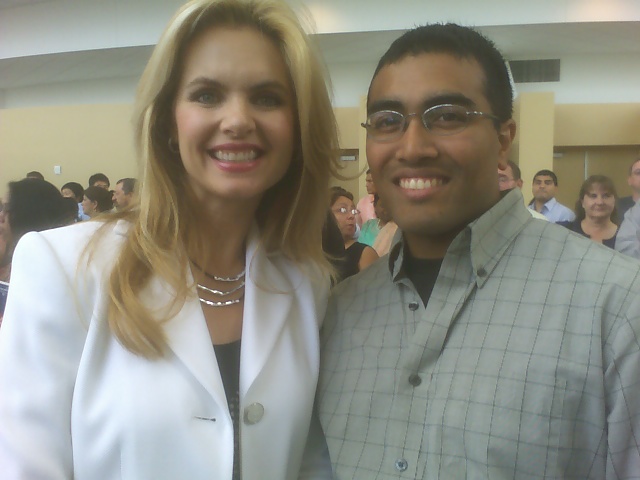| Bumper sticker car parked in Santa Cruz, California. (Photo credit: Wikipedia) |
It makes sense to me that the loss of privilege would be difficult. Even if one doesn't perceive the privilege one has, as is often the case with privilege, I have to think that its sudden loss would likely be noticed. But what sort of privilege could be lost suddenly? As you might have guessed, I am thinking here about Christian privilege for those of us living in the United States and other countries where Christian privilege thrives. Christian privilege is still prevalent here so it isn't like it has been lost in a broad sense; however, those of us who have walked away from Christianity have lost it. There are many things about leaving Christianity behind that I do not miss at all; the loss of Christian privilege is one that I do sometimes miss.
If we take a moment and remember what we mean by Christian privilege, the kind of things that we lose by walking away from Christianity become obvious. When I was a Christian, merely telling someone that I was a Christian led them to have positive impressions of me. Upon hearing that I was a Christian, they assumed that I was a moral person, that I shared their values, that I could be trusted, and that we probably had a great deal in common. None of this was necessarily true, but the fact that they assumed it gave me a powerful social advantage. The reactions I would receive from telling someone I was a Christian stand in sharp contrast to what happens today when I tell someone that I am an atheist.











